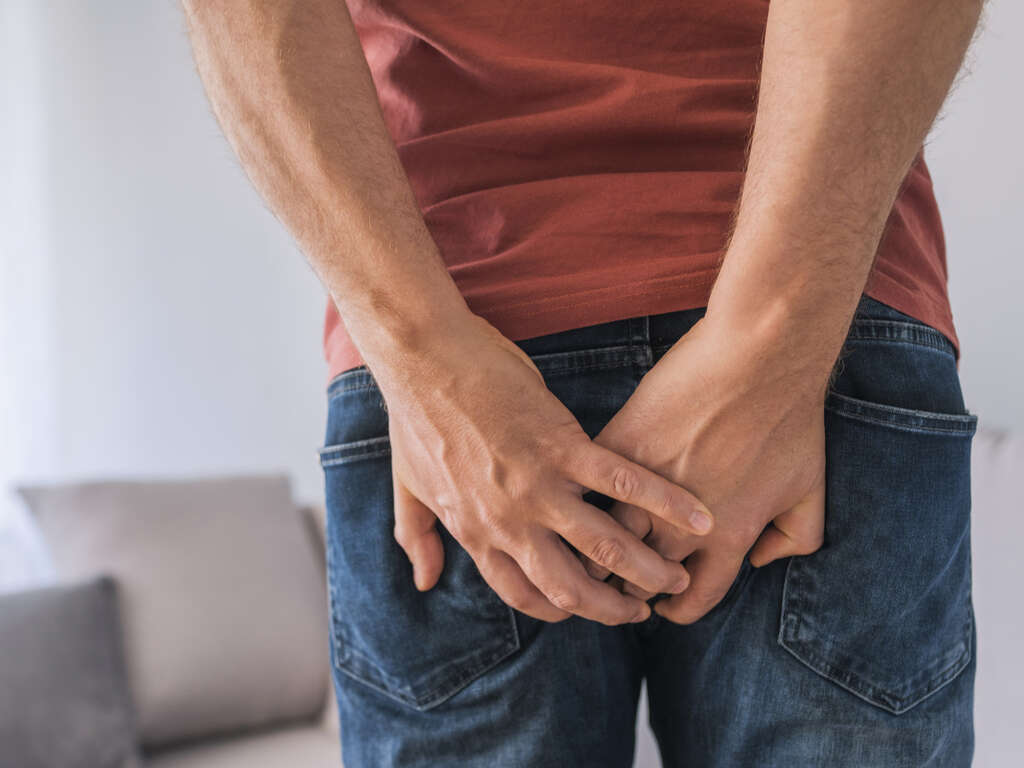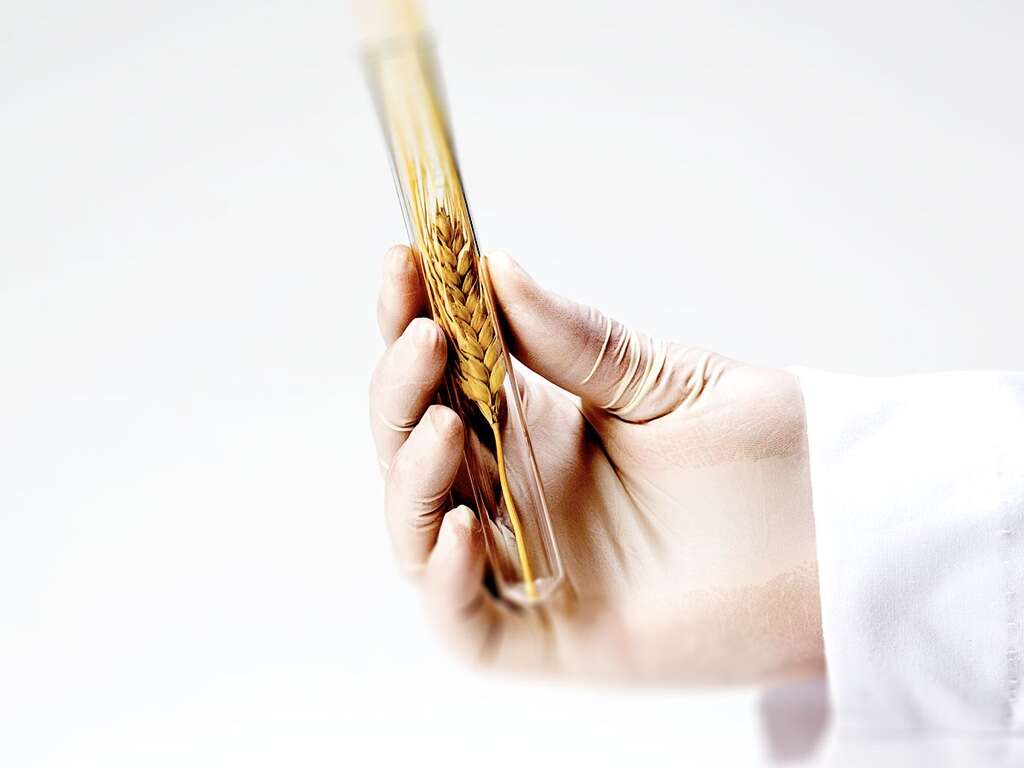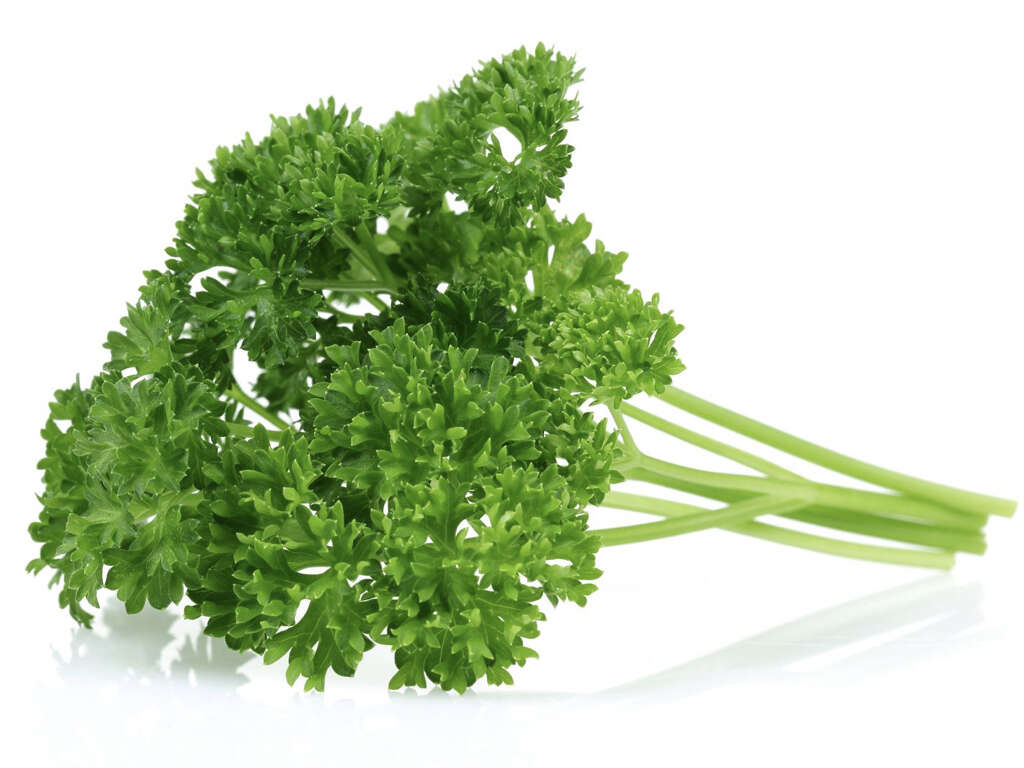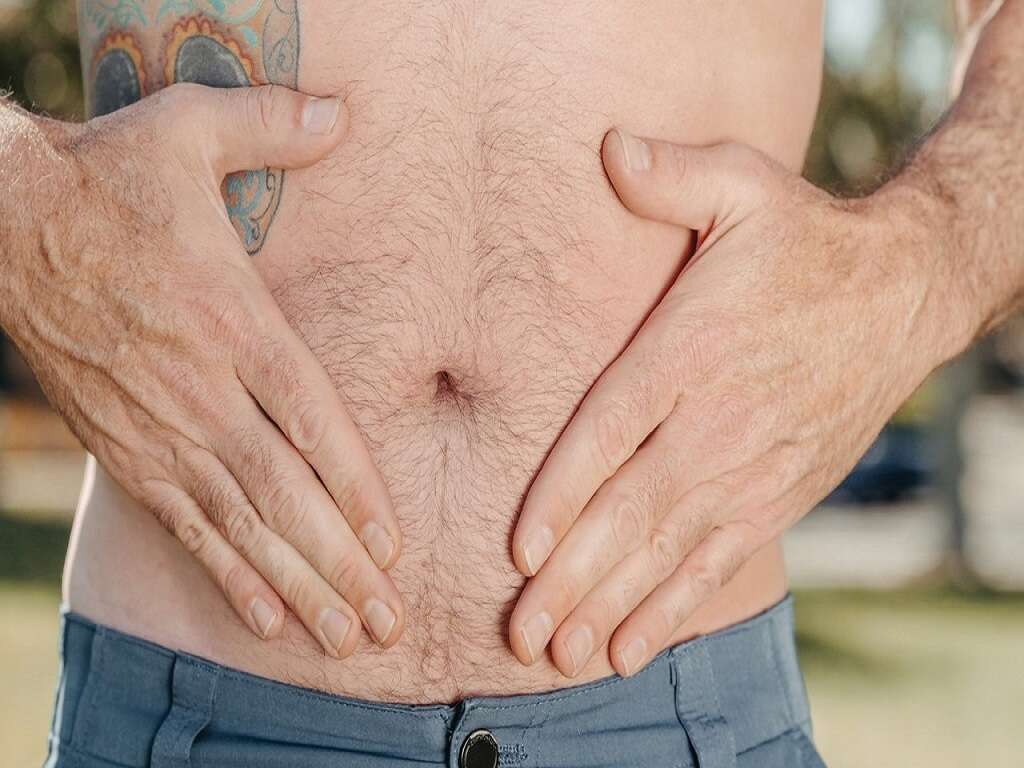Why Am I Constantly Gassy?
 Article Sources
Article Sources
- 1. 'Gas in the Digestive Tract.' National Institute of Diabetes and Digestive and Kidney Diseases, U.S. Department of Health and Human Services, www.niddk.nih.gov/health-information/digestive-diseases/gas-digestive-tract
- 2. Publishing, Harvard Health. 'Gas (Flatulence).' Harvard Health, www.health.harvard.edu/a/to/z/gas-flatulence-a-to-z
- 3. 'Gas in the Digestive Tract.' Johns Hopkins Medicine, www.hopkinsmedicine.org/health/conditions-and-diseases/gas-in-the-digestive-tract
- 4. Gas By Jonathan Gotfried, et al. 'Gas - Digestive Disorders.' Merck Manuals Consumer Version, Merck Manuals, www.merckmanuals.com/home/digestive-disorders/symptoms-of-digestive-disorders/gas
- 5. 'Gas and Gas Pains.' Mayo Clinic, Mayo Foundation for Medical Education and Research, 3 Mar. 2020, www.mayoclinic.org/diseases-conditions/gas-and-gas-pains/symptoms-causes/syc-20372709
- 6. 'Intestinal Gas Causes.' Mayo Clinic, Mayo Foundation for Medical Education and Research, 16 Apr. 2019, www.mayoclinic.org/symptoms/intestinal-gas/basics/causes/sym-20050922
- 7. 'Irritable Bowel Syndrome.' Mayo Clinic, Mayo Foundation for Medical Education and Research, 15 Oct. 2020, www.mayoclinic.org/diseases-conditions/irritable-bowel-syndrome/symptoms-causes/syc-20360016
- 8. 'Gastroesophageal Reflux Disease (GERD).' Mayo Clinic, Mayo Foundation for Medical Education and Research, 22 May 2020, www.mayoclinic.org/diseases-conditions/gerd/diagnosis-treatment/drc-20361959
- 9. 'Celiac Disease.' National Institute of Diabetes and Digestive and Kidney Diseases, U.S. Department of Health and Human Services, www.niddk.nih.gov/health-information/digestive-diseases/celiac-disease
- 10. 'Dumping Syndrome.' National Institute of Diabetes and Digestive and Kidney Diseases, U.S. Department of Health and Human Services, www.niddk.nih.gov/health-information/digestive-diseases/dumping-syndrome
- 11. 'Abdominal Adhesions.' National Institute of Diabetes and Digestive and Kidney Diseases, U.S. Department of Health and Human Services, www.niddk.nih.gov/health-information/digestive-diseases/abdominal-adhesions
Bacteria in the Large Intestine
The body removes most of the swallowed air through belching, and some of the air is absorbed into the bloodstream. Carbohydrates may not be fully digested in the stomach and small intestine, and they pass into the large intestine.
When the undigested carbohydrates enter the large intestine, bacteria continue the digestive process, producing gas. This gas may be composed of hydrogen, carbon dioxide and methane, and it's expelled through the anus.1‘Gas in the Digestive Tract.’ National Institute of Diabetes and Digestive and Kidney Diseases, U.S. Department of Health and Human Services, www.niddk.nih.gov/health-information/digestive-diseases/gas-digestive-tract,3‘Gas in the Digestive Tract.’ Johns Hopkins Medicine, www.hopkinsmedicine.org/health/conditions-and-diseases/gas-in-the-digestive-tract,4Gas By Jonathan Gotfried, et al. ‘Gas - Digestive Disorders.’ Merck Manuals Consumer Version, Merck Manuals, www.merckmanuals.com/home/digestive-disorders/symptoms-of-digestive-disorders/gas
Advertisement











